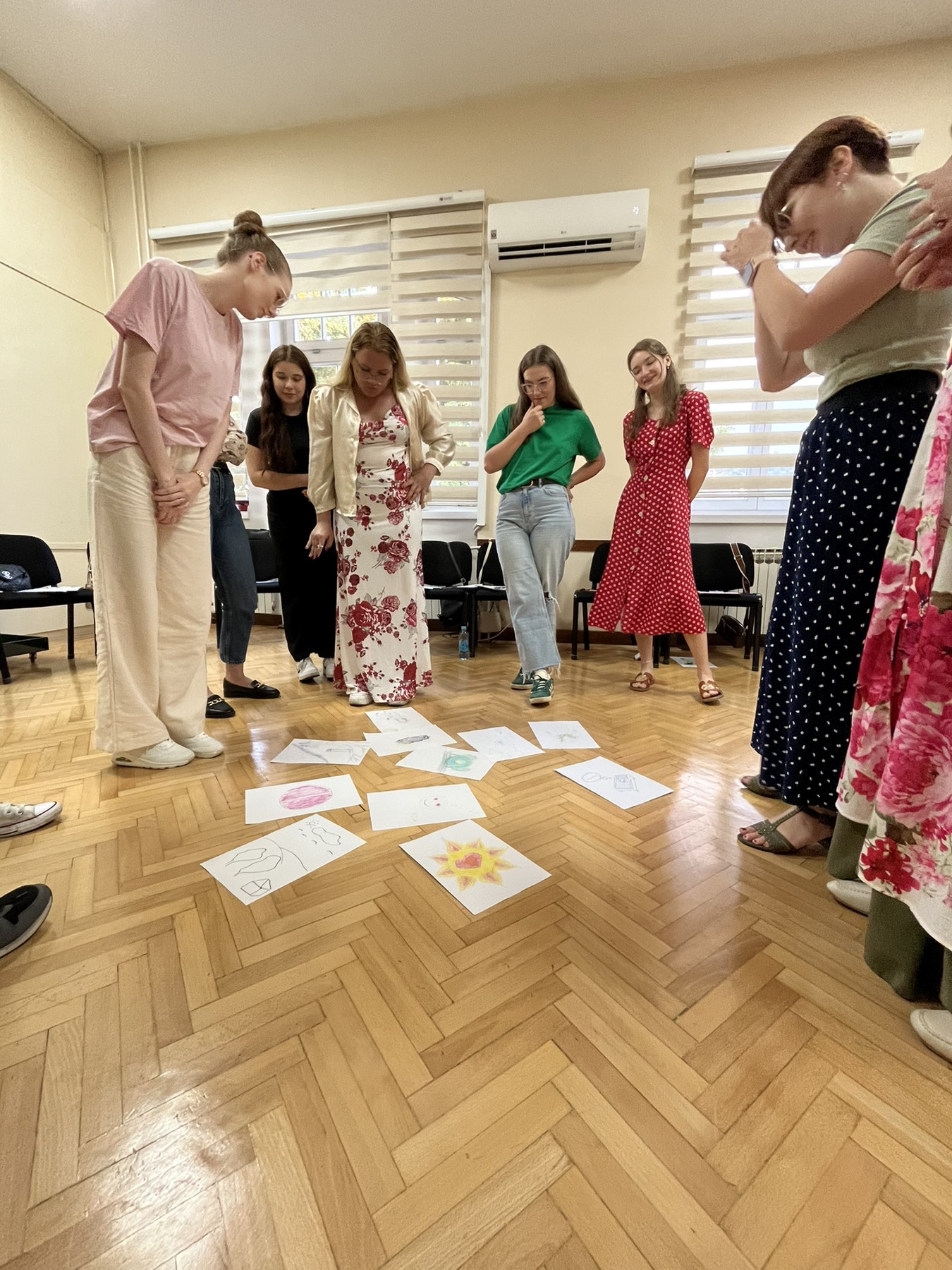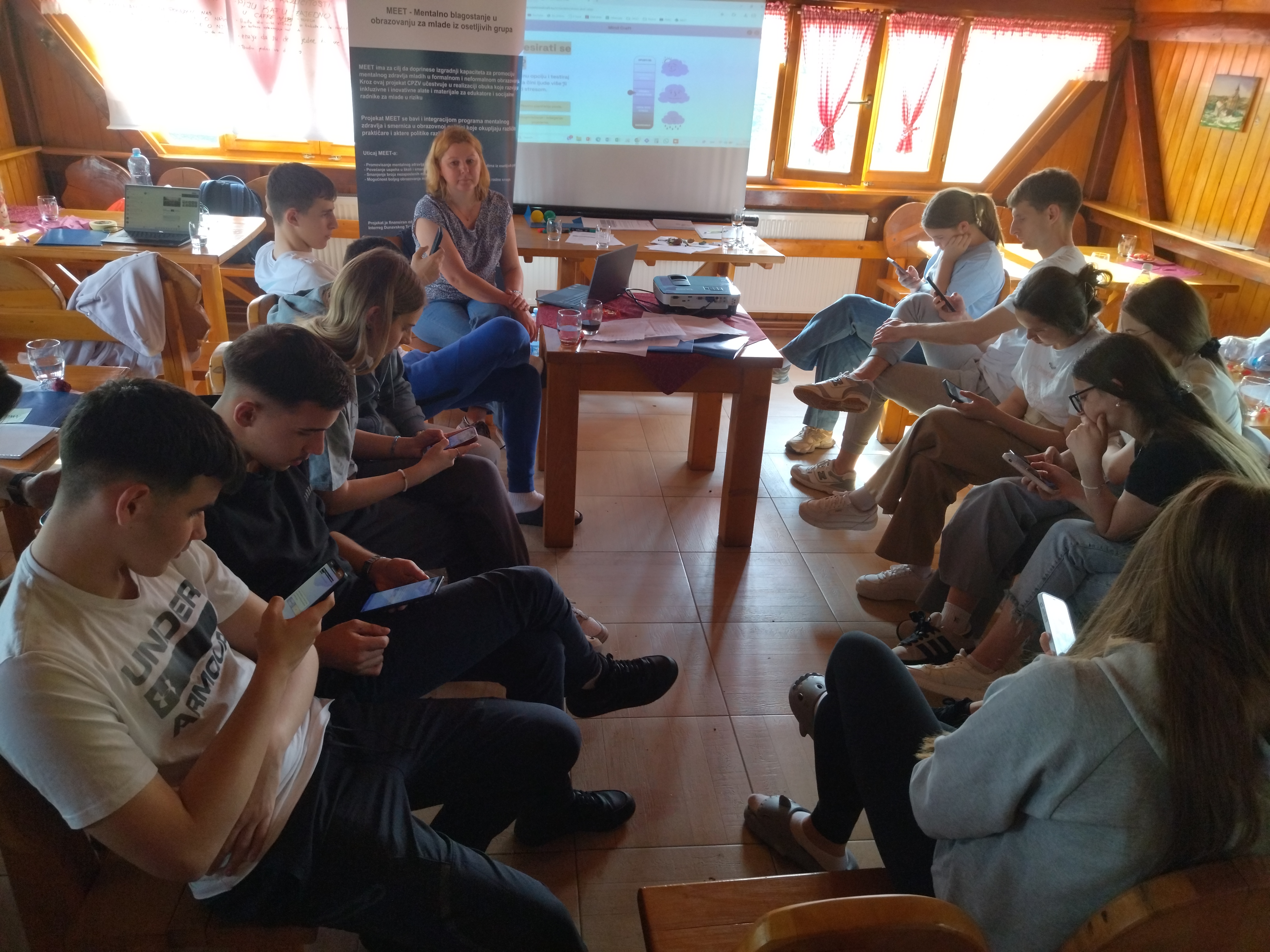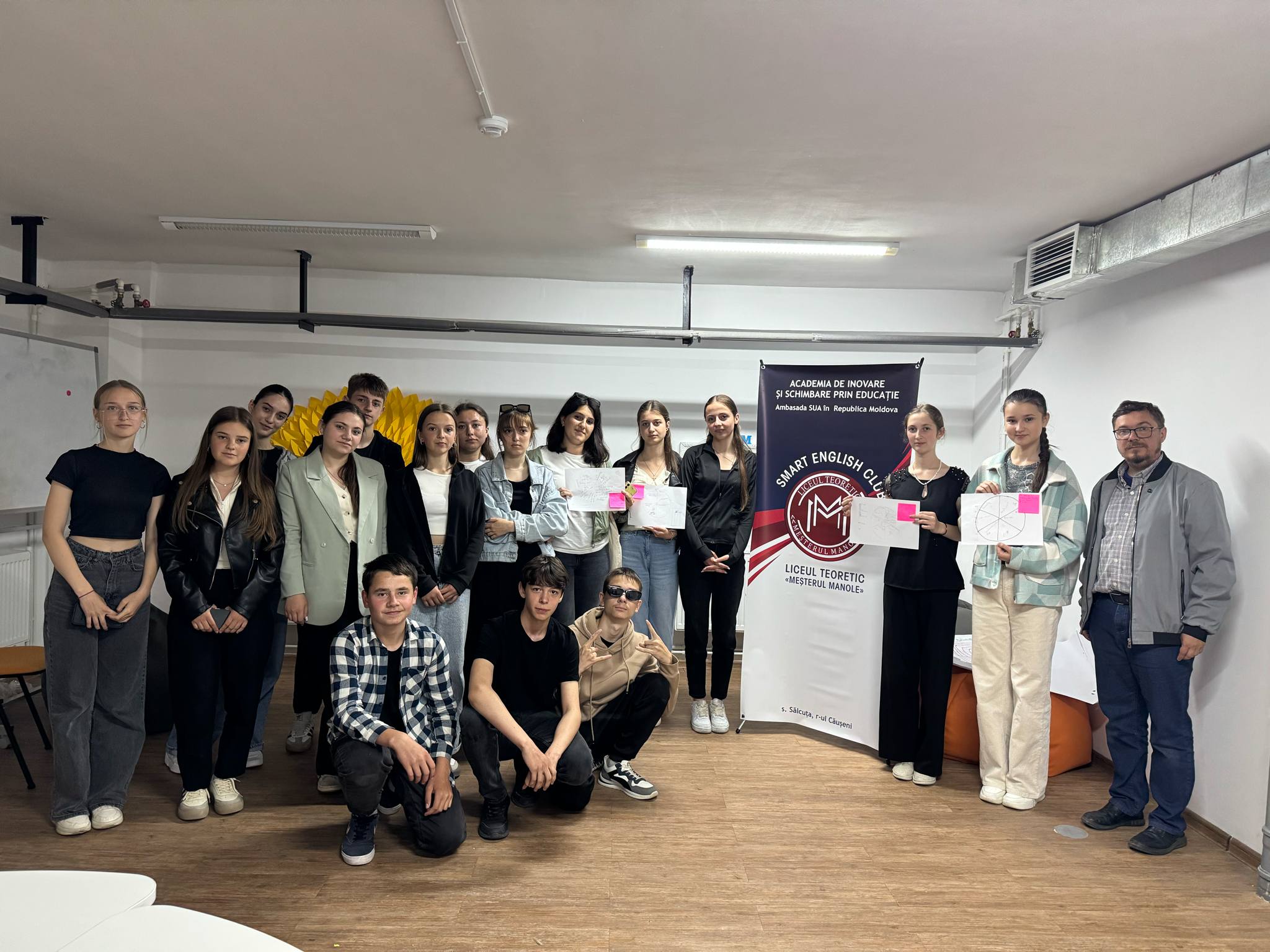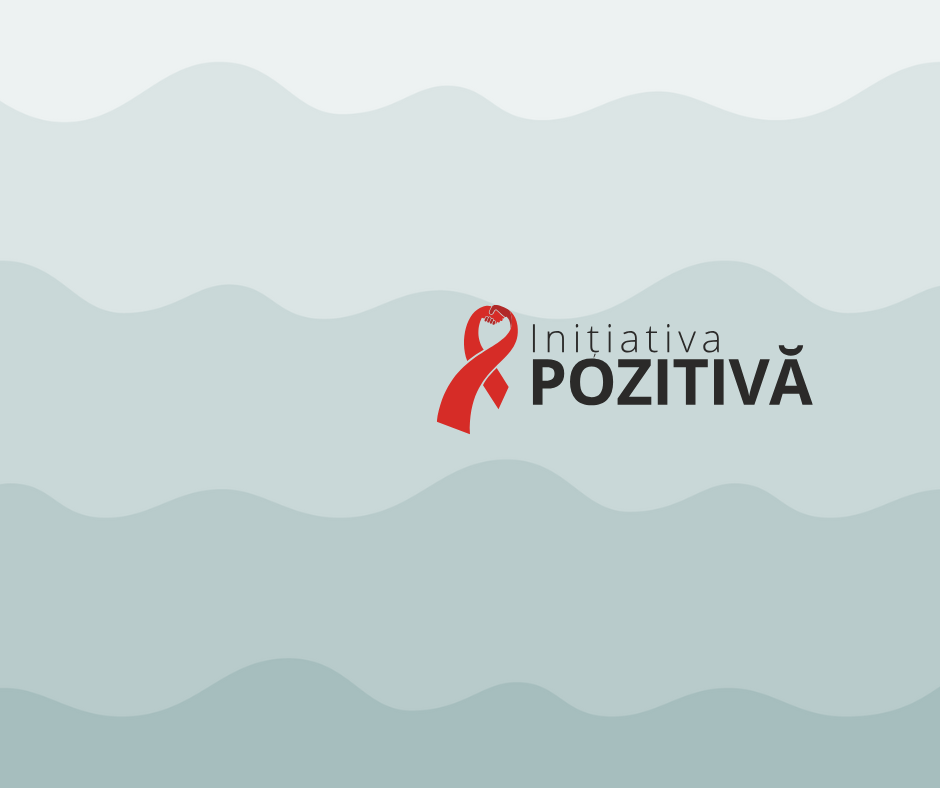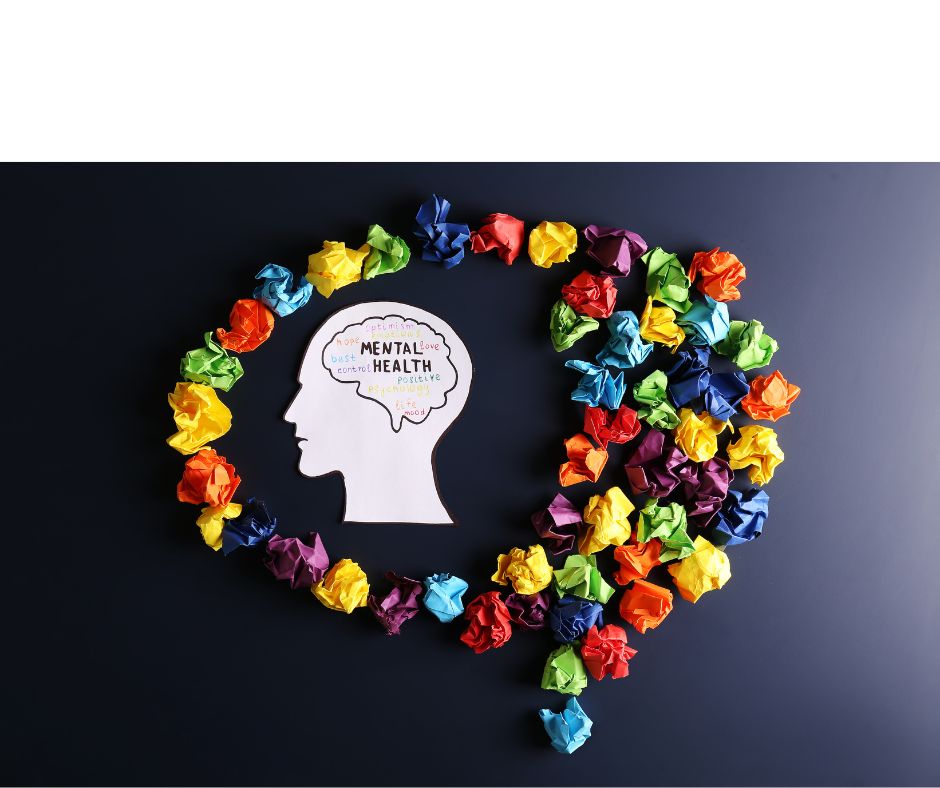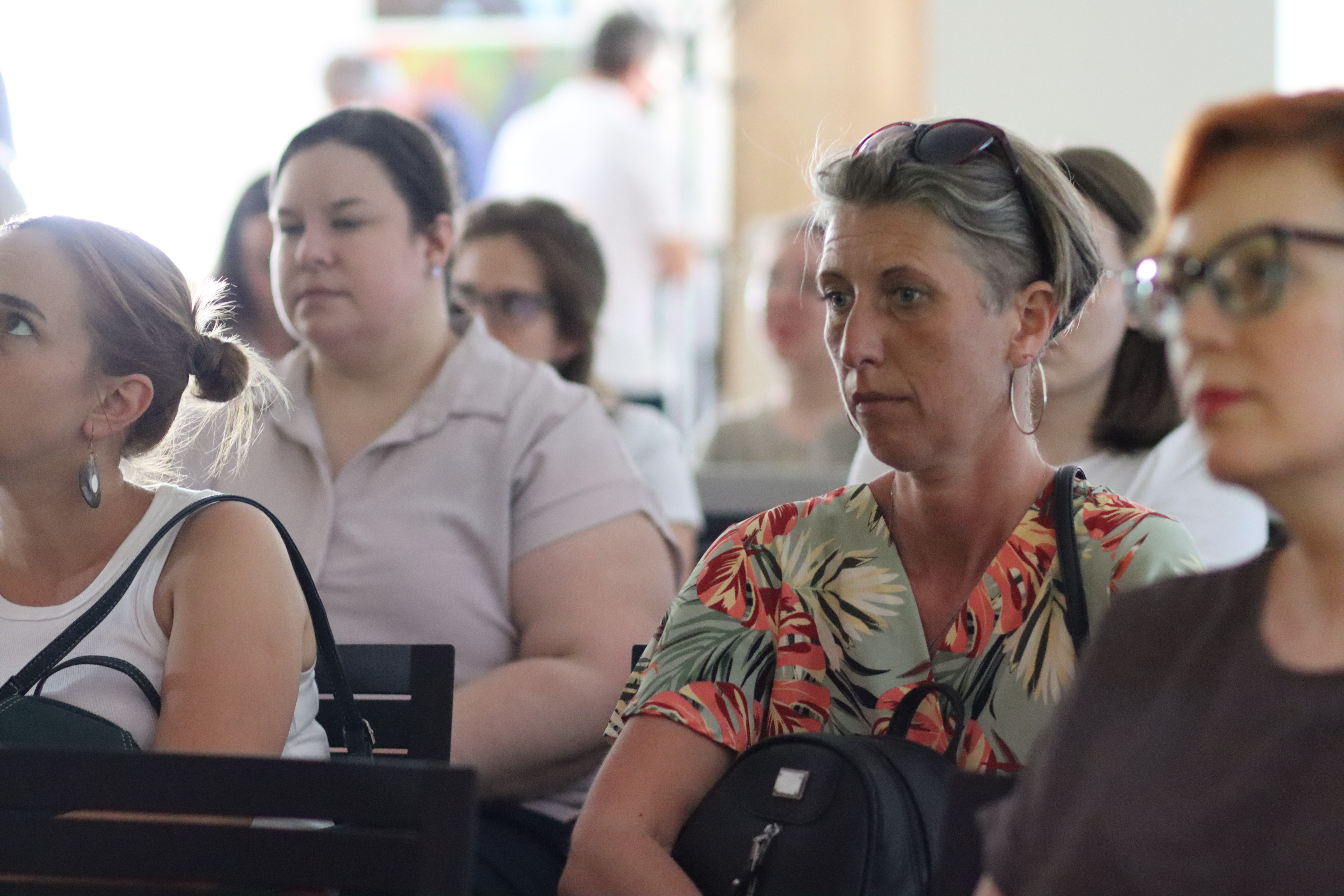The All-Ukrainian Mental Health Support Program "How Are You?" (https://howareu.com/) aims to raise awareness about mental health, reduce stigma, and provide accessible psychological support to people across Ukraine. The program focuses on creating safe spaces for open conversations, offering practical tools for emotional well-being, and integrating mental health care into everyday life. It is implemented in all regions of Ukraine and stands as the largest national mental health support program in Europe.
Interview was conducted with the Regional Coordinator of the All-Ukrainian Mental Health Support Program "How Are You?" in Zakarpattia Region, Taissia Symochko.
What do you think are the key elements or principles that make your practice successful? How do you ensure it remains relevant and impactful for youth?
The key element of the program's success lies in its national status and integration across all levels of government. This ensures systematic implementation, stability, and wide accessibility of services. The program provides psychological and psychosocial support and covers multiple areas, including work with youth.
Each ministry oversees a specific priority project responsible for implementing the program's elements within its sector. In total, 15 priority projects have been identified, including the Ministry of Health, Ministry of Education, Ministry of Social Policy, Ministry of Internal Affairs, Ministry of Justice, and others.
The National Coordination Body of the program is the National Mental Health Center under the Cabinet of Ministers of Ukraine. At the regional level, implementation is ensured by two key figures: the Deputy Head of the Regional Military Administration and the Regional Coordinator.
For example, in Zakarpattia Oblast, 6 pilot communities and 6 mental health consultants have been designated. A similar model operates in other regions of Ukraine.
The primary goal of the program: Ensuring accessibility to mental health support services at a person's place of residence and providing assistance at the moment when it is most needed, even before a formal diagnosis is established.
Key Tools of the Program for Working with Youth:
● Mental health lessons for schoolchildren;
● Guidelines for teachers on integrating mental health topics into the educational process;
● Activity cards for working with youth in shelters during air raid alerts;
● Educational animated series "Den and Rora vs. The Stress Corporation" ;
● Introduction of "Happiness Lessons" in pilot schools across Ukraine;
● Various initiatives and projects aimed at improving mental health.
The program employs a comprehensive approach to providing psychosocial support, actively engaging youth spaces, hubs, and Resilience Centers.
The collaboration between public and private partners ensures the sustainability, innovation, and effectiveness of the program, making it relevant and appealing to the youth audience.

What were some of the biggest challenges that were faced in developing, running or engaging youth with this practice? How did you overcome them?
One of the biggest challenges during the program's implementation has been overcoming the stigma surrounding mental health issues among youth. National survey results indicate that youth are one of the most vulnerable groups in this regard. Many young people suffer from mental health issues but are unwilling to openly discuss their struggles or seek help. This hesitation stems from personal concerns and societal stereotypes about mental health.
To overcome these barriers, the program actively focuses on education and normalizing discussions about mental health among youth. This includes:
● Organizing educational activities and interactive events
● Implementing specialized youth projects
● Actively promoting the importance of mental health through social media and youth platforms
A key approach has been creating trustworthy and open spaces where young people feel free and safe to express their emotions without fear or judgment.
Could you please share a success story or impactful moment from your work that illustrates the power of "How Are You?" program?
One of the most successful examples of implementing the "How Are You?" program in Zakarpattia is a project in partnership with the organization "Stanсіia Uzh" in the format of a playback theatre for teenagers. This unique interactive format uses performing arts to address emotions and the mental state of young people.
1. Project Features and Achievements:
● The project is being implemented in five pilot communities in Zakarpattia.
● Over nine months, playback theatre specialists conduct regular sessions with teenagers.
● Each group of teenagers works on three key themes related to overcoming mental health crises.
2. Impact on Youth:
Playback theatre helps teenagers:
● Recognize and express their emotions
● Overcome fears related to discussing mental health
● Communicate and support each other in challenging situations
This format has become an important step in breaking the stigma surrounding mental health issues among young people, equipping them with tools for self-expression and mutual support.
The playback theatre project serves as an excellent example of how creative and unconventional approaches can effectively address complex social issues, making the "How Are You?" program not only important but also impactful.
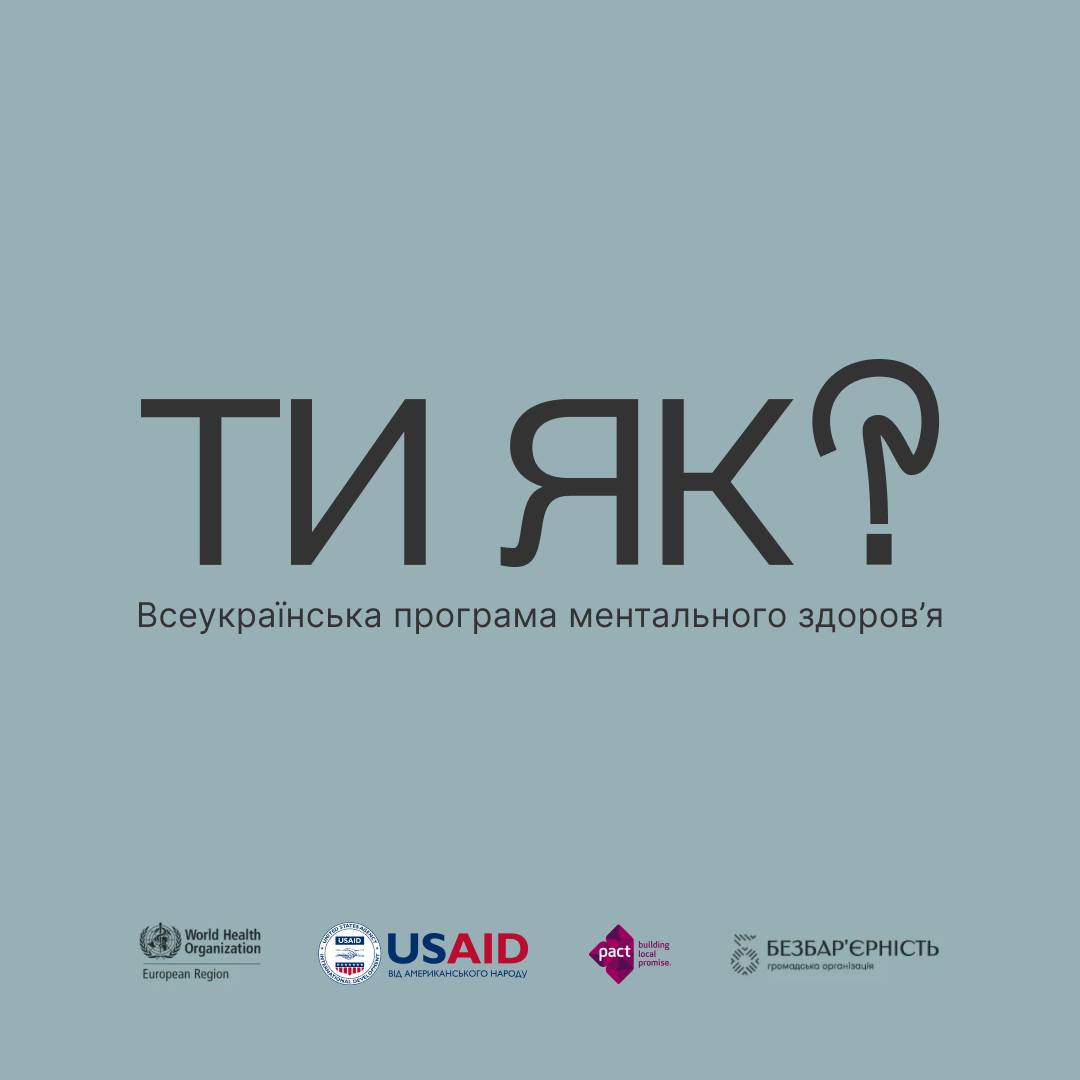
What, in your opinion, is the most important for people working with youth on mental health issues, based on your experience with the "How Are You?" program?
The most important aspect of working with youth on mental health issues is adopting a trauma-informed approach. Specialists working with young people must understand the specific psychological and social challenges that youth face today.
A Dual Challenge for Youth: Internal and External Contexts
1. Internal Challenge:
Youth are going through a period of intense personal development, self-affirmation, and emotional instability caused by hormonal, social, and psychological changes. These internal processes are often accompanied by insecurity, anxiety, and a search for identity.
2. External Challenge:
Ukrainian youth have faced two large-scale traumatic events:
● The COVID-19 pandemic led to restrictions on daily life, isolation, loss of social connections, and disruption of routine rhythms.
● The full-scale war brought constant danger, loss of loved ones, studying in shelters, displacement, changes in social environments, shattered dreams, and broken family ties.
Many teenagers and young people have not yet recovered from the consequences of the first crisis and have already found themselves at the epicenter of another one. Expecting them to meet pre-war standards of behavior, academic performance, or productivity is unfair and ineffective.
The Importance of a Trauma-Informed Approach
A trauma-informed approach helps youth workers:
● Recognize the impact of trauma on behavior and mental health;
● Create safe, supportive, and non-judgmental spaces;
● Adapt communication and expectations to the current emotional and psychological state of young people.
By integrating empathy, patience, and flexibility into their work, specialists can build trust, foster resilience, and support the emotional well-being of youth more effectively.
Shifting Approaches to Working with Youth:
● Understanding the Context: Specialists must consider both internal and external factors affecting youth mental health;
● Flexibility and Empathy: Instead of setting high demands and expectations, it is essential to build trusting, supportive relationships based on understanding and acceptance;
● Reducing Pressure: It’s important to lower expectations where possible and give youth the space for gradual recovery and self-discovery;
● Gentle Approach: Work should be grounded in care, respect, and the creation of a safe space for expressing emotions and experiences.
Specialists as Agents of Support and Trust
People working with youth should not only provide psychological support but also serve as examples of reliability and stability. They must demonstrate a willingness to listen, assist, and support under any circumstances.
It’s crucial to remember that youth mental health is not only about overcoming crises but also about creating an environment where young people can feel safe, confident, and understood.
This approach forms the foundation of the "How Are You?" program's success and determines the effectiveness of supporting youth during challenging times.

If you had a magic wand and there was one change you could make globally today to improve youth mental health, what would it be?
Trauma-Informed Psychological Education A Priority for Change
Psychological education based on a trauma-informed approach is the first change I would implement. The hardest moments often come when you don’t understand what’s happening to you. Mental health education helps young people normalize their feelings, realize that many of their reactions are natural, and learn basic self-help techniques.
This is not just an individual skill but also a strategic societal approach. If psychological education becomes an integral part of school curricula and daily life, the demand for specialized psychological assistance will significantly decrease. People who can recognize their emotions, understand the reasons behind their states, and know how to respond to stress become more resilient to life’s challenges.
Complementary Tools for Mental Well-Being:
● Sports;
● Art Therapy;
● Creative Activities;
● Community Building.
These are powerful tools for psychological relief. They not only allow individuals to express their emotions but also create a supportive environment where one can be themselves without fear of judgment.
In essence, the more a person knows about their psychological state, the better they manage their emotions and apply self-help techniques, the less likely they will need deep psychotherapeutic interventions.
Education, combined with creative and physical outlets, builds a foundation for long-term mental resilience and well-being.
What message or piece of advice would you give to young people about maintaining good mental health based on your experience?
Self-Care Is Not Selfishness—It’s a Necessity. In Ukraine, self-care is often perceived as secondary or even selfish. Ukrainians tend to prioritize the needs of others over their own. However, it’s important to remember the well-known aviation safety principle: “Put on your oxygen mask first before helping others.”
This principle is equally relevant to mental health. Until you take care of yourself, you cannot effectively help others. Self-care is not just about rest or hobbies—it’s about the ability to listen to yourself, your needs, and your body.
I encourage young people to practice “healthy selfishness”:
● Rest when you feel tired;
● Stand firm in your boundaries;
● Don’t be afraid to seek help from loved ones or professionals;
● Learn to say “no” when it’s necessary for your well-being.
Remember that your mental health is the foundation upon which everything else is built. Take care of yourself, and the world around you will become more stable and secure.

News & Events
Read the most recent updates and explore the upcoming events.



